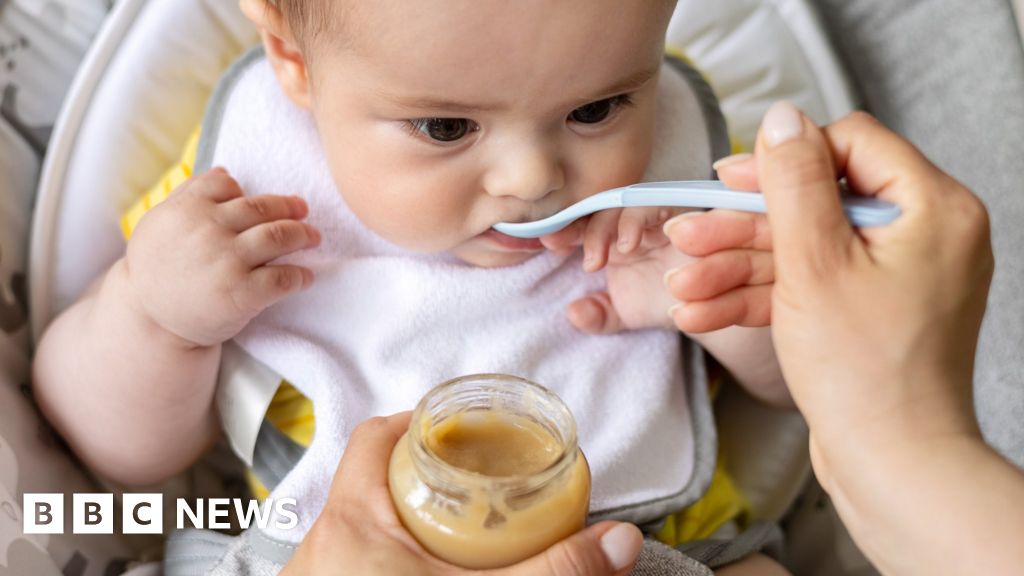Preventing Peanut Allergy in Babies
In a groundbreaking study conducted by researchers at King’s College London, it has been revealed that giving smooth peanut butter to babies and young children could provide lifelong protection against peanut allergies. Contrary to previous advice that encouraged parents to avoid peanuts completely until age three, the new research suggests that introducing peanut butter during weaning and regularly consuming it until age five can significantly reduce the risk of developing an allergy.
The Science Behind the Protection
The study followed 640 children at high risk of peanut allergy, half of whom avoided peanuts while the other half incorporated it into their diet from four months old to five years old. The results showed that those who regularly ate peanut products had a 71% lower chance of developing an allergy by the time they reached adolescence. This protection was found to last even if the children stopped consuming peanuts after the age of five, indicating a long-lasting immune response to early exposure.
Implementing the Recommendations
Based on these findings, the researchers recommend introducing a soft paste of peanut butter or peanut puffs into a baby’s diet once they are ready for solid foods. This can be done around the time when the baby can sit upright, coordinate their movements, and swallow food without difficulty. Parents are advised to gradually increase peanut consumption to three-to-four times a week, aiming for one-and-a-half to two tablespoons of peanut butter per week.
In conclusion, the study highlights the importance of early exposure to peanuts in preventing allergies and offers a simple yet effective strategy to reduce the global burden of peanut allergy. By following these guidelines, parents can help protect their children from a potentially life-threatening condition and contribute to a healthier future generation.





















